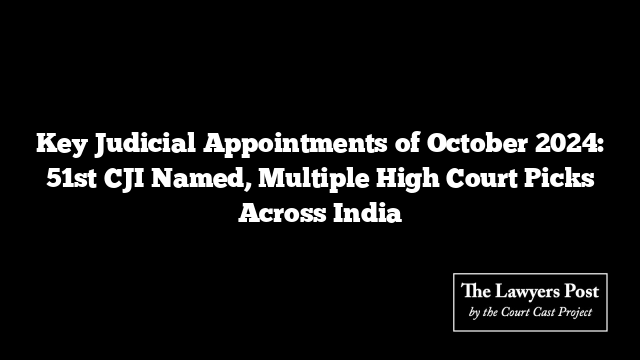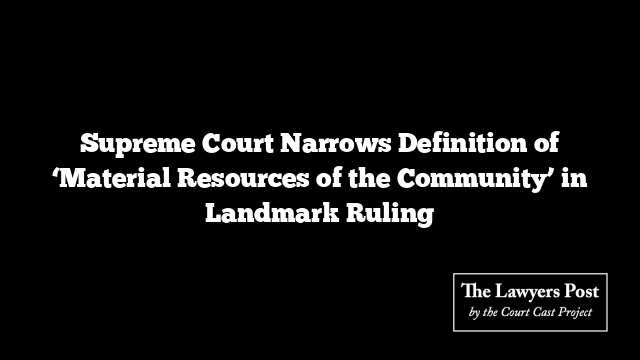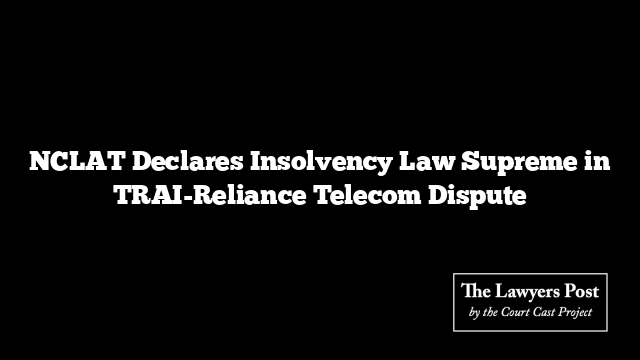October 2024 saw pivotal developments in India’s judiciary, highlighted by the appointment of Justice Sanjiv Khanna as the 51st Chief Justice of India. The Supreme Court Collegium also made significant recommendations for judicial appointments across multiple High Courts, while several states witnessed fresh appointments of judges.
In a crucial move, the Supreme Court Collegium, led by CJI Dr. DY Chandrachud, alongside Justices Sanjiv Khanna and BR Gavai, put forward eight names for appointments in the High Courts of Kerala, Andhra Pradesh, and Karnataka. This included advocates and judicial officers who were nominated for positions as Judges and Additional Judges, with some also being recommended for permanent posts.
The Supreme Court’s composition remained unchanged following the retirement of Justice Hima Kohli, leaving the Court with 33 sitting judges. However, on October 15, 2024, Dr. Chandrachud’s recommendation of Justice Sanjiv Khanna to succeed him as Chief Justice of India was swiftly accepted. Justice Khanna, who was elevated to the Supreme Court in January 2019, will begin his tenure on November 11, 2024, after Dr. Chandrachud’s retirement. Khanna’s appointment marks a brief tenure of roughly six months before his own scheduled retirement in May 2024.
Elsewhere, the High Courts experienced a flurry of new appointments, with Justice Manoj Kumar Tiwari taking over as the Acting Chief Justice of the Uttaranchal High Court and Justice Tarlok Singh Chauhan stepping into the Acting Chief Justice role in Himachal Pradesh.
Further judicial advancements include several new judges for Patna, Gujarat, and Bombay High Courts, along with key appointments in the Andhra Pradesh and Kerala High Courts. These include both Additional Judges and Permanent Judges, reflecting the ongoing restructuring and growth of India’s judicial system. Among the notable appointees are Shashi Bhushan Prasad and Ashok Kumar Pandey in Patna, and a slate of advocates in Bombay, including Nivedita Prakash Mehta and Prafulla Surendrakumar Khubalkar.
As India’s judicial landscape evolves, these appointments continue to ensure that the courts remain fully staffed and capable of managing the growing demands of the legal system.





